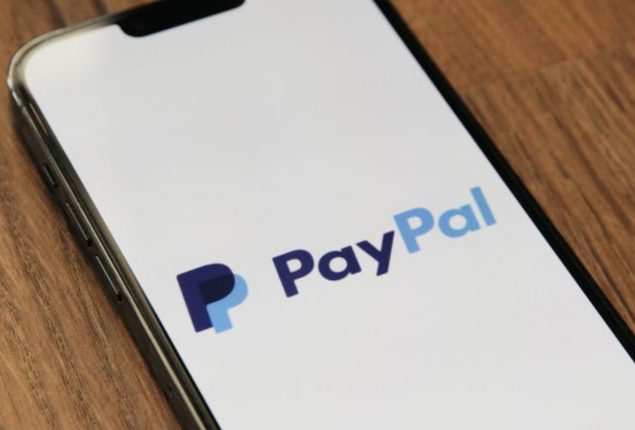PayPal penalized by New York for cybersecurity failures
PayPal has been fined $2 million by New York State's Department of...

Is PayPal in Pakistan? Don’t fall for the rumors – Here’s the truth
Pakistan’s Special Investment Facilitation Council (SIFC) recently announced a trial initiative to enable PayPal in the country, aiming to boost the digital economy. However, despite the optimistic tone, PayPal remains officially unavailable in Pakistan.
The SIFC initiative enables 10,000 freelancers to receive payments through a third-party mediator, not directly through PayPal’s platform. Although officials describe it as a key achievement, financial experts and freelance community members urge caution, warning against the misleading narrative.
Under the current arrangement, a third-party facilitator receives payments sent via PayPal from abroad and deposits them into local bank accounts. As a result, Pakistani freelancers don’t get their own PayPal accounts and can’t access PayPal’s services directly.
Additional Fees: Mediators often impose extra charges, which cut into freelancers’ earnings.
Unclear Terms & Conditions: Intermediaries can reject payments or restrict access without providing clear guidelines.
No Direct Support: Users must rely on the mediator’s support team—not PayPal’s—for resolving disputes or issues.
Risk of Service Disruption: Services like Sadapay Biz shut down abruptly in the past, raising serious concerns about reliability.
Despite repeated claims from government officials, PayPal has not launched its services in Pakistan. Industry experts point to several key barriers:
Regulatory Hurdles: Pakistan enforces strict AML and KYC compliance requirements, which discourage global platforms like PayPal from entering the market.
Business Viability: PayPal likely views the Pakistani market as insufficiently profitable to justify a full-scale rollout.
Fraud and Identity Verification Concerns: Persistent issues with digital identity and fraud raise the perceived risk for PayPal and hinder its entry.
The SIFC initiative may provide temporary relief for some freelancers, but it’s important to recognize that this isn’t genuine PayPal access. It’s a workaround—one that comes with clear limitations and potential risks.
Freelancers should consider reliable alternatives like Payoneer or Wise, both of which operate fully in Pakistan and offer transparent fees along with direct customer support.
Until PayPal officially enters the Pakistani market, freelancers must stay cautious and informed. This interim solution may help in certain cases, but it cannot replace the secure, scalable payment system that Pakistan’s freelance economy truly needs.
Catch all the Sci-Tech News, Breaking News Event and Latest News Updates on The BOL News
Download The BOL News App to get the Daily News Update & Follow us on Google News.